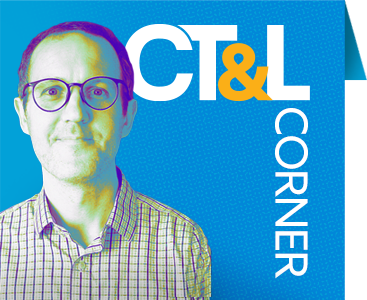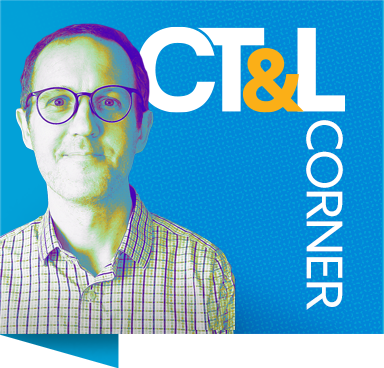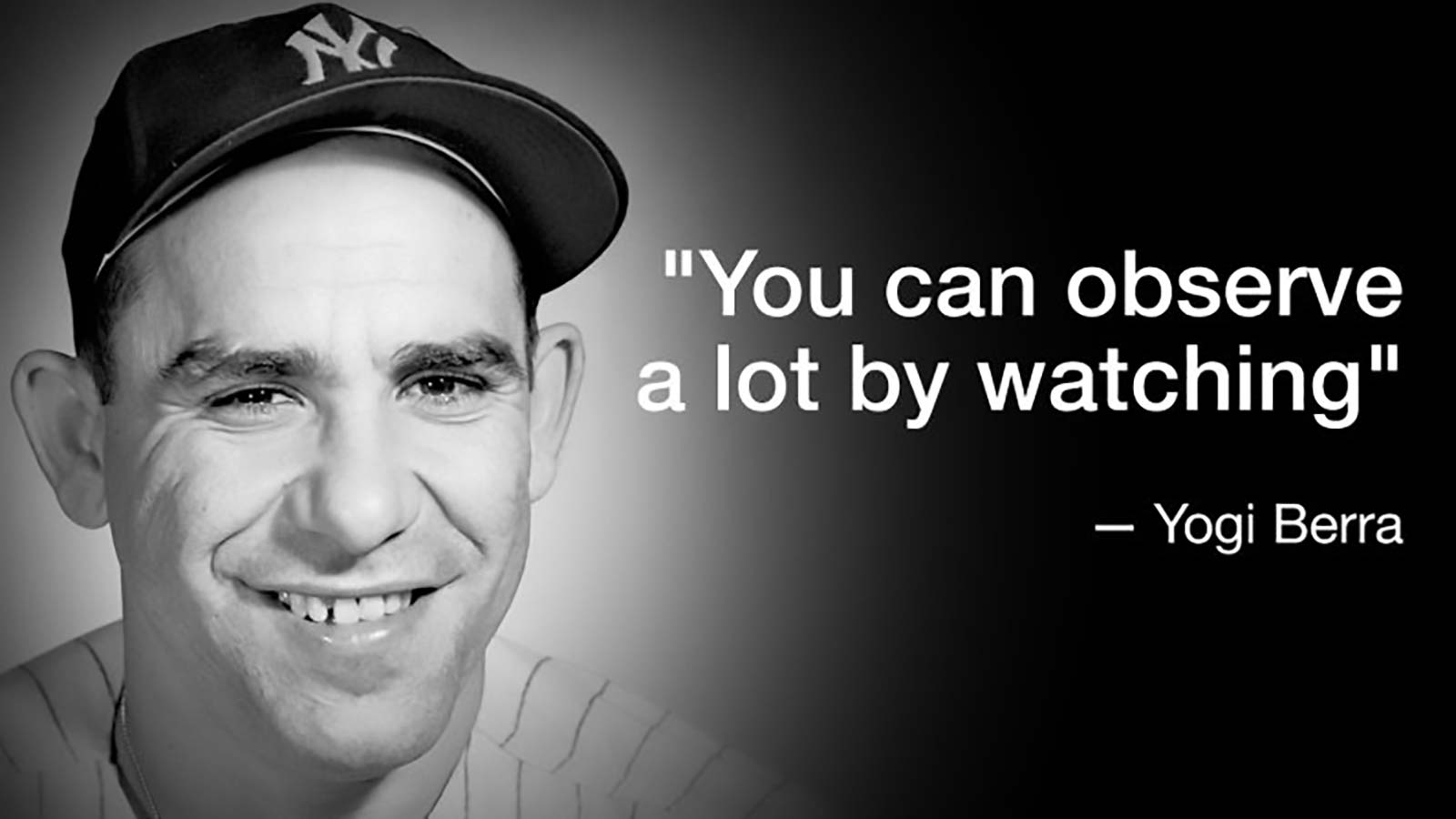Yogi Berra is quoted as having said, “You can observe a lot by watching.” The research on peer observation would take the a step further: you can learn a lot by watching. Whereas traditional peer observation focuses on feedback and development of the instructor being observed, “… Evidence is emerging that the process of observation is just as if not more valuable…” (Hendry & Oliver, 2012). In my experience, instructors report learning what is possible, identifying challenges they have in common, and reflecting on their own teaching practices after observing their peers. This learning can be transformative.
As a key part of the Center for Teaching & Learning’s mission to cultivate an open teaching and learning community here at PCA&D, I want to initiate a culture of formative, non-evaluative peer observation. I invite instructors who are interested in observing their peers or being observed (or maybe both!) to fill out this interest form.
While we can learn a lot by observing, we can still learn a lot from being observed. As Director of the Center for Teaching & Learning, I bring years of experience in working with faculty in this respect: being in the classroom, developing feedback (with or without an observation protocol), and having a development follow-up discussion to identify potential areas of improvement. Atul Gawande, a physician, author, and public health official, has written extensively about the many benefits of having a “coach in the operating room.” Opening the doors to your classroom can be a new experience for many, or it may feel like opening the door to evaluation and critique. I want this to feel like an opportunity to consider new approaches, identify your strengths as a teacher, and, ultimately, have a conversation about what you’d like to achieve with your students.
Source: Hendry, G. D., & Oliver, G. R. (2012). Seeing is believing: The benefits of peer observation. Journal of University Teaching & Learning Practice, 9(1), 7. Link to article
Workshop and discussion invitation: Group work, “participation,” and Neurodiversity
Date: Tuesday August 20th 2024 | Time: 12pm-1:30pm Eastern US/ 11am Central/ 10am Mountain/ 9am Pacific
With more discussion of neurodiversity in education, you may wonder how to structure class participation (and group work) while being inclusive of neurodivergent students. Join us for a free workshop hosted by Sarah Silverman, Ph.D., an instructional designer and instructor of Disability of Studies. As an autistic educator, she has a personal stake in Neurodiversity and also has extensive college teaching and faculty development experience.
Sarah Silverman, PhD is an instructional designer and instructor of Disability Studies. As an autistic educator, she has a personal stake in Neurodiversity and also has extensive college teaching and faculty development experience.



